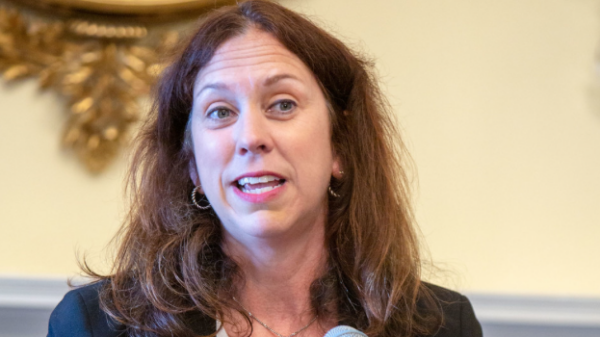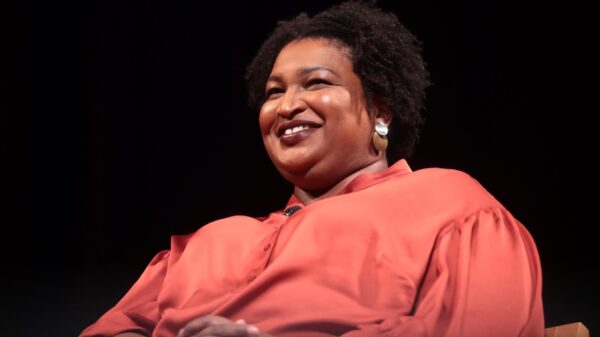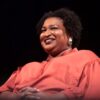
In observance of National Mentoring Month in January, which is dedicated to raising awareness about the significance of mentoring, The Hilltop spotlighted a local organization that has made a positive impact on numerous lives through mentorship.
The Youth Leadership Foundation (YLF) is a Washington D.C.-based mentoring organization, whose mission is to mentor and teach youth from underserved communities.
“YLF was founded to bring leadership development, tutoring and mentorship to the youth in the DC community and to connect them with positive adult role models. YLF has served the DC communities for over 25 years building community relationships between different schools and organizations,” Temiloluwa Drummond, Howard alumna who worked with YLF from 2019 to 2023 said.
“There has been a significant increase in high school graduation and the pursuit of higher education in YLF attendees. YLF attendees also exhibit a stronger foundation of confidence and leadership qualities as a direct result of mentorship,” she continued.
Founded in 1997 by American University professor Edward Smith, YFL emerged from his recognition of a need for tutoring services and increased higher education enrollment in marginalized communities around the nation’s capital. Catering to youth aged eight to 18, the program currently provides services addressing educational gaps.
With a history of collaboration spanning several years, the organization has worked closely with Howard students and alumni. Howard volunteers engage in providing homework assistance, mentorship sessions and goal-setting time.
“Howard University students are incredibly generous. The unheralded and out-sized impact these HBCU students have on the lives of D.C. and Maryland youth each year deserves praise,” Janaiha Bennett, the Executive Director of YLF, said.
“Thanks to their participation as one-on-one mentors in YLF programs, these young college students spark joy through their demonstration of excellence and commitment to service,” she finished.
According to the Starfish Initiative, youth engaged in mentoring services are more likely to participate in civic engagement, hold leadership positions and pursue higher education. In addition, mentoring services can promote a decrease in risky behavior and depressive symptoms.
Rutgers Graduate School of Education’s Center for Minority Serving Institutions found that “mentored students benefited from increased self-confidence, more positive attitudes, the development of practical skills, clearer views of their futures and more focus on their career goals.”
“You can’t put a number on it. Bringing young children of various ages and grades together and giving them a safe place to bond with each other is a tremendous resource that they are benefiting from,” Dorian Thomas, a head mentor at YLF when asked about the impact of the program said.
“The future of YLF looks like continuing to put on engaging events that tie back to mentorship, exposing the youth to great influences and showing them what success looks like,” Thomas said.
Mentoring services and programs extend beyond benefiting youth under 18. HBCUs have a long history of offering professional development opportunities through mentoring which supports both members of marginalized communities and Black college students.
“In addition to youth mentoring services, there are hundreds of collegiate mentoring services dedicated to assisting college students navigate their lives,” Thomas said.
A 2022 Strada Education Foundation report found that 56 percent of Black HBCU graduates considered their mentors valuable compared to 40 percent of Black non-HBCU students. The report concluded that HBCUs provide solid career-related educational experiences compared to PWIs.
The National Pan-Hellenic Council (NPHC), which consists of nine African American Greek letter organizations, provides mentoring programs for Black youth and young adults nationwide.
Black and minority-serving institutions such as the National Association for the Advancement of Colored People (NAACP), National Council of Negro Women, Inc. (NCNW), the Young Women’s Christian Association (YWCA), 100 Black Men of America, Inc. and others also offer mentoring programs for young adults at HBCUs.
Other mentoring programs that cater to BIPOC students include HBCU First, HBCU Rising and the Great Expectations Mentorship Program (GEM). These programs offer leadership training, assistance during the transition from graduation to employment and opportunities for expanding one’s network.
Mocorah Lewis, a freshman criminology major from Pawtucket, Rhode Island, and an HBCU First member shared her thoughts on the importance of mentoring for Black collegiate students.
“HBCU First is very selective and really keeps us on track when it comes to being responsible and accountable. The most valuable part of HBCU First is their emphasis on connecting and building community through virtual [opportunities],” Lewis said.
“Whether it is connected with every speaker on LinkedIn and/or meeting with our mentors and other HBCU First interns from our individual HBCUs just shows what the organization does for the community,” Lewis said.
Copy edited by D’ara Campbell









